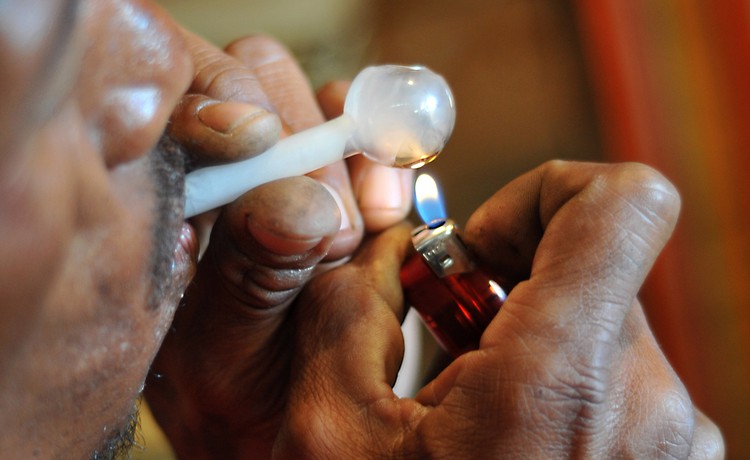THEATRE: Strateng
Review by GRACE MOYA
Education is seen as a tool to escape the chains of poverty. Going to school and university is a big deal for an impoverished black child. But what if socio-economic circumstances – from poverty to high unemployment – keep people trapped?
‘Silanda imfundo‘ (‘we are fetching education’) is the play’s opening line. Tweety (played by Ntomboxolo’ Nox’ Donyeli) is a graduate fresh from university who cannot find employment. Jobs in South Africa are scarce, especially for the youth, and she winds up a homeless drug addict living on the street.
For many, unemployment can be profoundly devastating. Young people typically resort to drugs and alcohol abuse when they slip into depression or feel worthless and hopeless. We tend to assume that the unemployed are either uneducated or ill-equipped with whatever skills are in demand. But in reality, much is out of their control.
Strateng, directed by Khwezi Mbina and Donyeli, takes an empathetic look at unemployment and drug abuse in South Africa, pointing out that where we end up in life is often the luck of the draw. Many factors, including race, class, age, and gender, impact people’s experiences and prospects.
The production is lively, and the themes unforgettable. The homeless are often blamed for ending up on the streets, but things are often more complicated than they appear. As the NAF catchphrase suggests, this play might change you.



